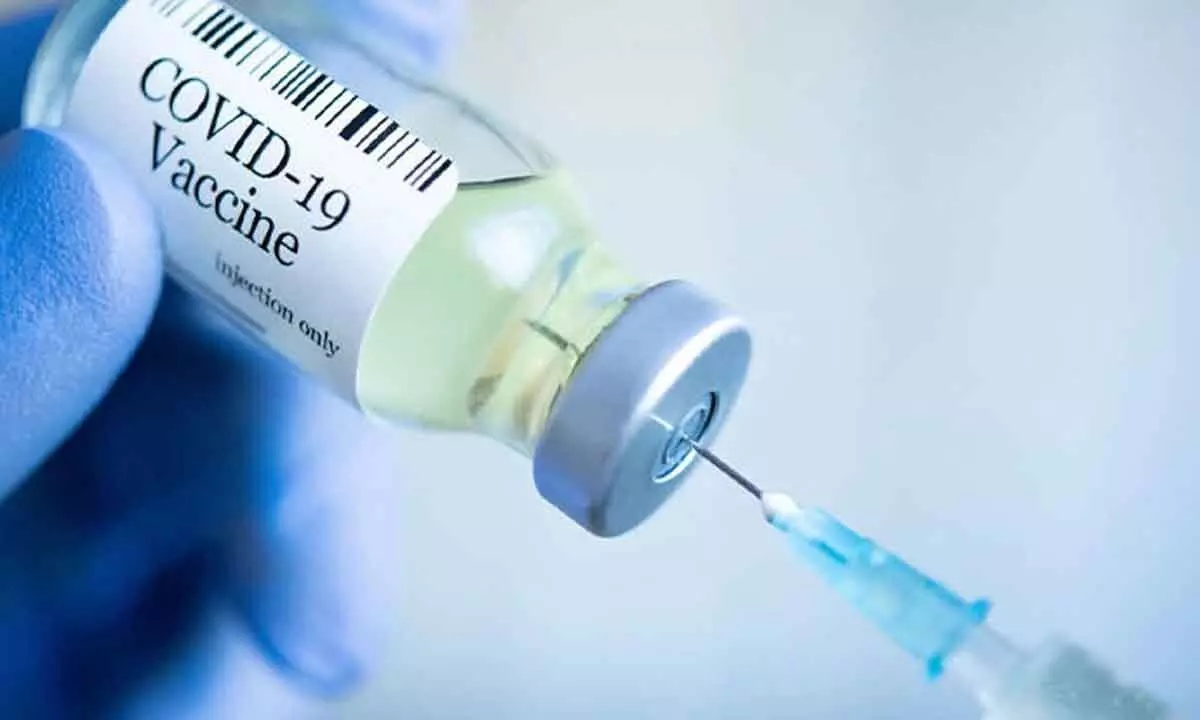Unflagged content on Facebook fuels Covid-19 vax hesitancy
These unflagged stories highlighting rare deaths after vaccination were among Facebook's most-viewed stories, say researchers
image for illustrative purpose

In contrast, the unflagged content, many from credible mainstream news outlets, implied that vaccines were harmful to health and were viewed hundreds of millions of times
More than flagged misinformation, unflagged content on social media platform Facebook was responsible for a 46-fold vaccine hesitancy during the Covid-19 pandemic, according to a new study on Friday.
A host of vaccine misinformation on Facebook was greatly undermined after being flagged and debunked as false by third-party fact-checkers.
However, a team of researchers from the Massachusetts Institute of Technology and the University of Pennsylvania in the US showed that "ambiguous misinformation remained unflagged" that was "factually accurate but deceptive content."
These "unflagged stories highlighting rare deaths after vaccination were among Facebook's most-viewed stories," said the researchers. To understand, the team conducted two experiments. The first showed that misinformation containing false claims about the Covid vaccine reduced vaccination intentions by 1.5 percentage points.
The second tested both true and false claims and found that content suggesting that the vaccine was harmful to health reduced vaccination intentions, irrespective of any potential effect of the headline's veracity. The team also measured exposure to all 13,206 vaccine-related URLs that were popular on Facebook during the first three months of the vaccine rollout (January to March 2021).
The findings, published in the journal Science, showed that URLs with flagged misinformation received 8.7 million views during the first three months of 2021.

